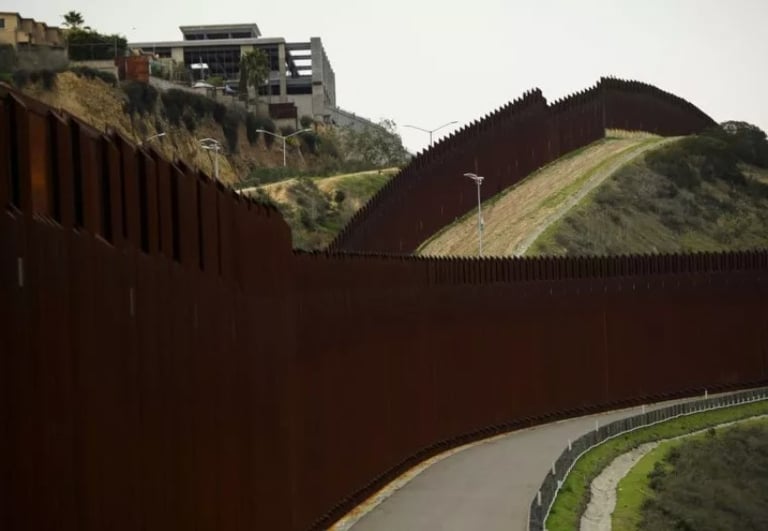Southern Border
The issues with our Southern border could have been resolved years ago. However, our economy has come to depend on cheap, exploitable labor and maintaining the status quo has proven beneficial to some business sectors. Ultimately, we all pay the price through wage deflation. A physical or biometric wall will not solve the problems we face. We need to have an honest discussion, identify solutions and draft an effective immigration reform which addresses the shortage of labor our country faces and does not further deflate wages of the working class.


The ongoing issue of our southern border is clearly unsustainable. The number of migrants fleeing their homelands in search of a better life is reaching unprecedented levels. This situation is further exacerbating the crisis of addiction and crime, as illicit drugs continue to pour across the border. Unfortunately, this critical matter is often avoided or discussed in an unproductive manner. Instead of addressing the root of the problem, some resort to fear mongering or demonizing those seeking refuge. This approach only serves to deepen the divisions within our country. It is crucial that we engage in honest and productive discussions to find effective solutions for the challenges we face
The solution to this problem does reside on either side of this polarized debate, rather somewhere in the middle. Until we have an honest debate, based on objective, factual, evidence, we will fail to identify the solutions necessary.
The fentanyl crisis is causing great harm to our communities, this is undeniable. However, contrary to a popular narrative, and according to a report compiled by CATO Institute; U.S. citizens were 89% of convicted fentanyl drug traffickers, 93% of fentanyl seizures were at legal crossings and not via illegal migration routes. When debating these issues, we must be honest and not conflate misconceptions in order to make a point. The border issue and the fentanyl issue are two different problems and should be treated as such.
Additionally, fear mongering by drawing attention to violent, criminal illegal immigrants, eliciting a desired response is not honest or productive. Policy making should be guided by data, not emotion. Clearly, one violent crime is one too many, but portraying the issue of illegal immigration as the cause of increased violent crimes is playing off of people's fears. Admittedly, the data available for comparing these statistics is difficult to compile as there is not a consistency of reporting between states. However, according to a study conducted by Proceedings of the National Academy of Sciences (PNAS), and CATO Institute, in Texas "When comparing legal immigrants against native-born citizens across a range of felony offenses, undocumented immigrants have substantially lower crime rates than native-born citizens."
Fentanyl and criminal migrants tend to be the headline grabbing reason for border security, while these concerns cannot be discarded, in my view, the most pressing problem concerning our border is one of economics. Rather than pouring increasing and unsustainable amounts of capital into border security, reforming our immigration policy should be a priority.
When discussing this matter of great importance, it is important to consider the upsides and downsides of the approach we seek. Whether it be an absolute restriction and “everyone out” or “we welcome everyone”, each argument has its own unique positive and negative impacts. In my view, the solution is somewhere in the middle. Whatever approach we pursue, our policies should be guided by data and statistics as we must address the realities of this multi dimensional issue. Some important matters for consideration include:
birth rate necessary to sustain our population (2.1) vs current (1.786)
impacts of a saturated labor market with increased migration, or potential shortage
effectiveness of increased spending on the "Border-Industrial Complex", (FY24 DHS $103.2B)
impacts of pursuing the failed electronic monitoring, and further integrating Big Tech in our federal government